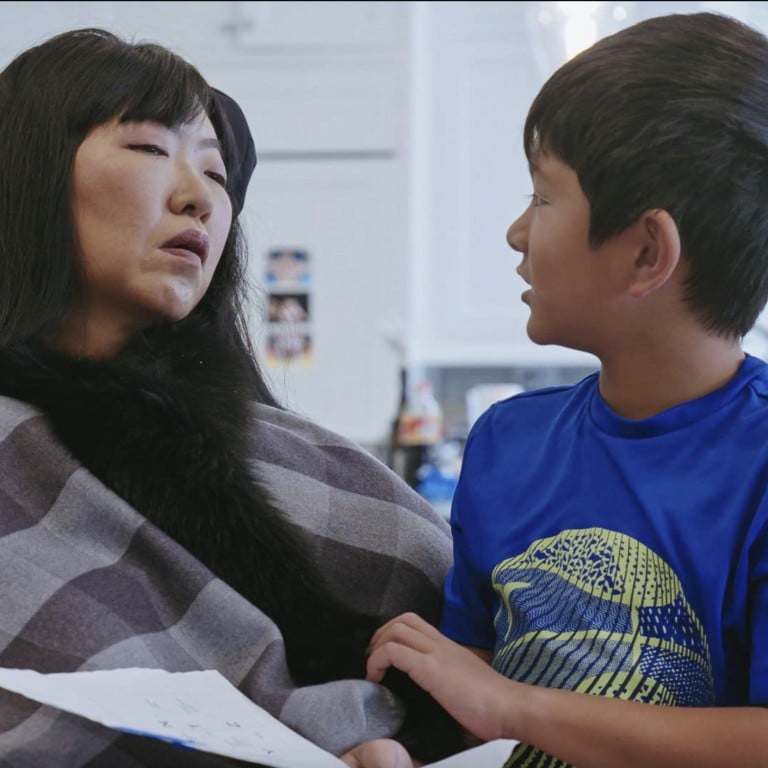
‘I’ve never seen a person so unbreakable’: locked-in syndrome sufferer Laure Wang moves maker of Amazon Prime documentary with her resolve
- Laure Wang had it all. A graduate of Stanford and Harvard Business School, she co-founded a Hong Kong private equity firm and gave birth to two boys
- But in 2010 a stroke triggered locked-in syndrome. Being dependent on others frustrates her, yet she keeps going, as an Amazon Prime documentary shows
Laure Wang had the world at her feet.
A graduate of Stanford University and Harvard Business School, she was a vice-president in Goldman Sachs’ merchant banking division in the United States before launching an independent asset management firm in Hong Kong with two partners in 2005, when she was 33.
Called Asia Alternatives, the female-led company – a rarity in the finance space – went on to become one of Asia’s largest private equity firms.
But on April 26, 2010, Wang’s life took a drastic turn.
Though she was fully conscious and could think properly, she could not move or utter proper words, and was left able to communicate using only her eyes.
It was through these blinking eyes that Wang beat all the odds to regain control of her life. She has since written six books about her experiences.
She wanted to do this because she needs a voice
“She’s just such a tough woman. I’ve never seen a person who is so unbreakable,” says Liam Yan, who directed Spell Me Out, a documentary about Wang’s extraordinary story.
Released in 2022 on Amazon Prime, the documentary gives a glimpse of the difficulties Wang faces on a daily basis, as well as the relationships she has with the people around her.
When Yan approached Wang about making the documentary, she agreed immediately. “She wanted to do this because she needs a voice,” he says. After all, Wang – strong-willed and determined as ever – has a lot to say, even if it is difficult for her to actually speak.
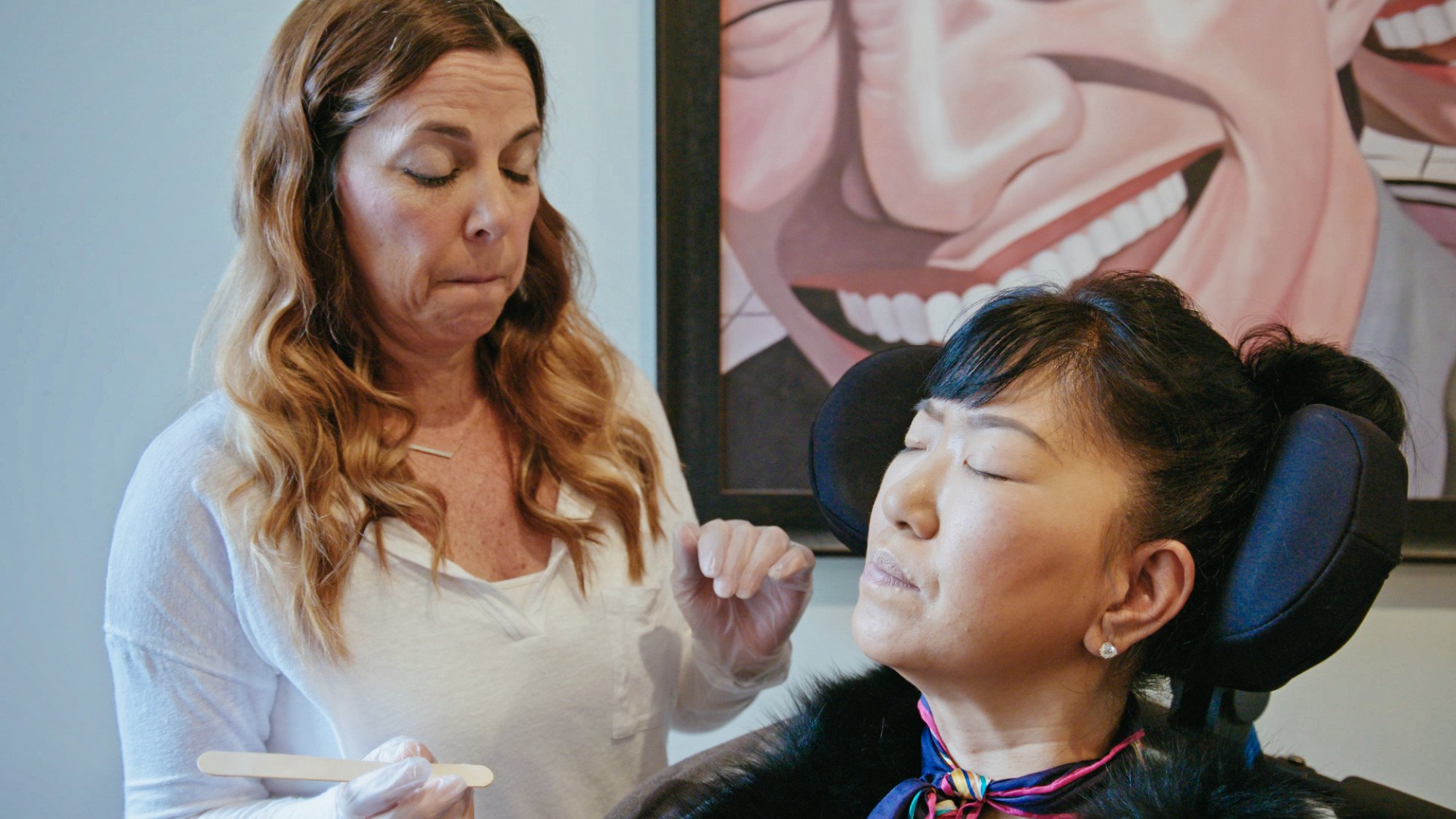
Following her stroke, Wang learned to communicate with her caregivers and her family – including her husband, Kabir Misra, and their two sons, Marat and Madyn – by spelling out words with her eyes.
Those speaking to her will list alphabetical letters in a particular order, and Wang blinks and moves her eyes to indicate the letter she has in mind.
“I am by nature an extrovert. While I still derive energy from other people, I am much more quiet because my communication is laborious and slow,” she says of how she has changed since her stroke. She is communicating with the Post by way of Dynavox, a system that allows her to type by tracking her eye movements.
My father used to be exacting. Now, he is more nurturing, tolerant and openly loving
For Wang, it is not the arduous communication process that is the most difficult thing to accept about living with locked-in syndrome. What is hardest to swallow is being dependent on others for everything – day in and day out, caregivers on round-the-clock shifts feed her, dress her and help her with medications and other mundane tasks.
Wang’s father, Paul, a successful businessman based in Taiwan, also softened in his demeanour towards her after the stroke.
“My father used to be exacting,” Wang says. “Now, he is more nurturing, tolerant and openly loving. He flies from Taiwan to California to visit me every quarter.”
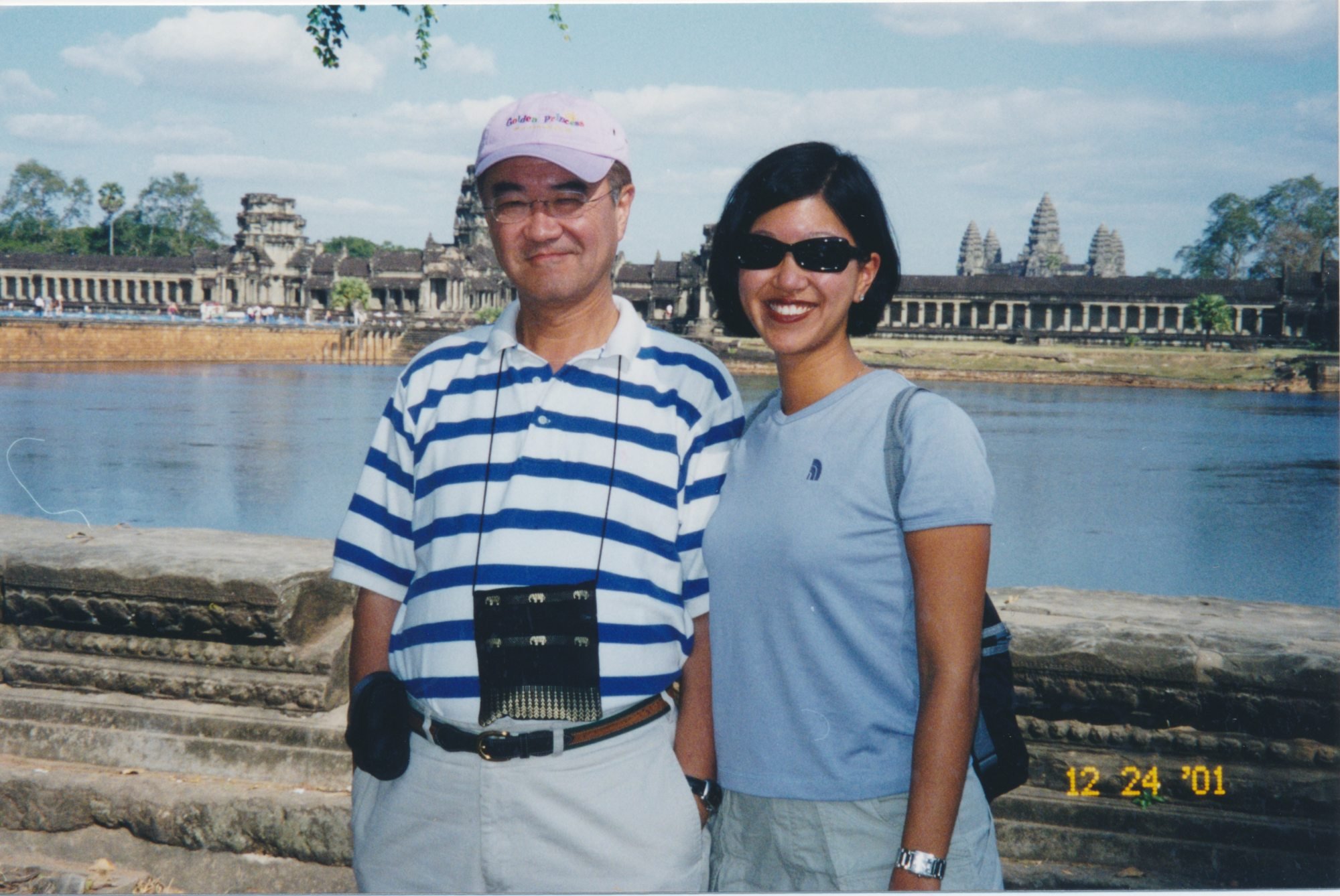
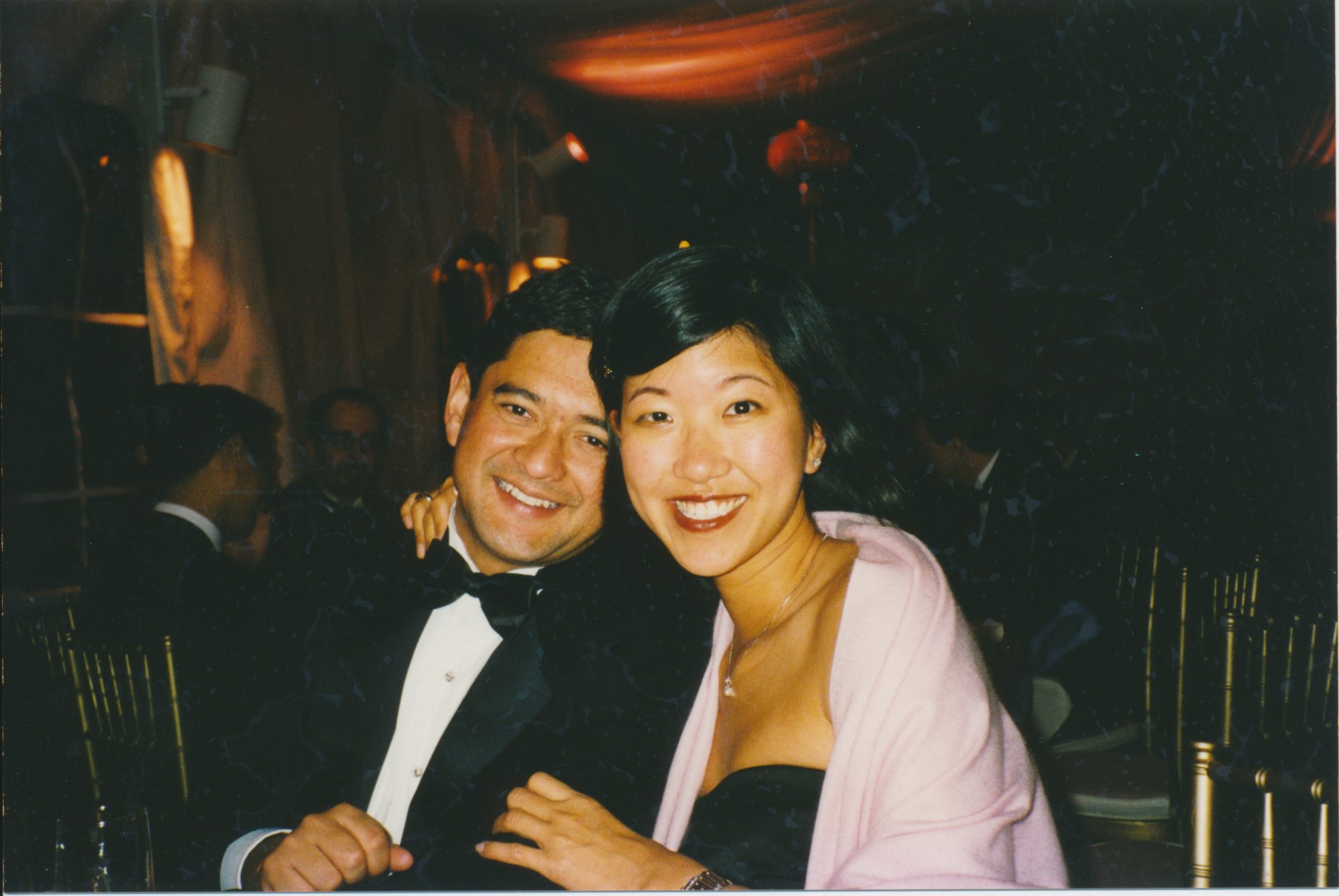
While Wang has the unwavering support of her family, she still deals with plenty of complex emotions. For one, she sometimes feels jealous of her house manager, Larry Chow.
“It’s very heartbreaking, especially for Laure,” Yan says. “She has that jealousy towards Larry, because Larry spends more time with her kids, especially with the little one.”
Marat, her older son, still has memories of Wang pre-stroke, but her younger son, Madyn, does not, as he was only four months old when the incident happened.
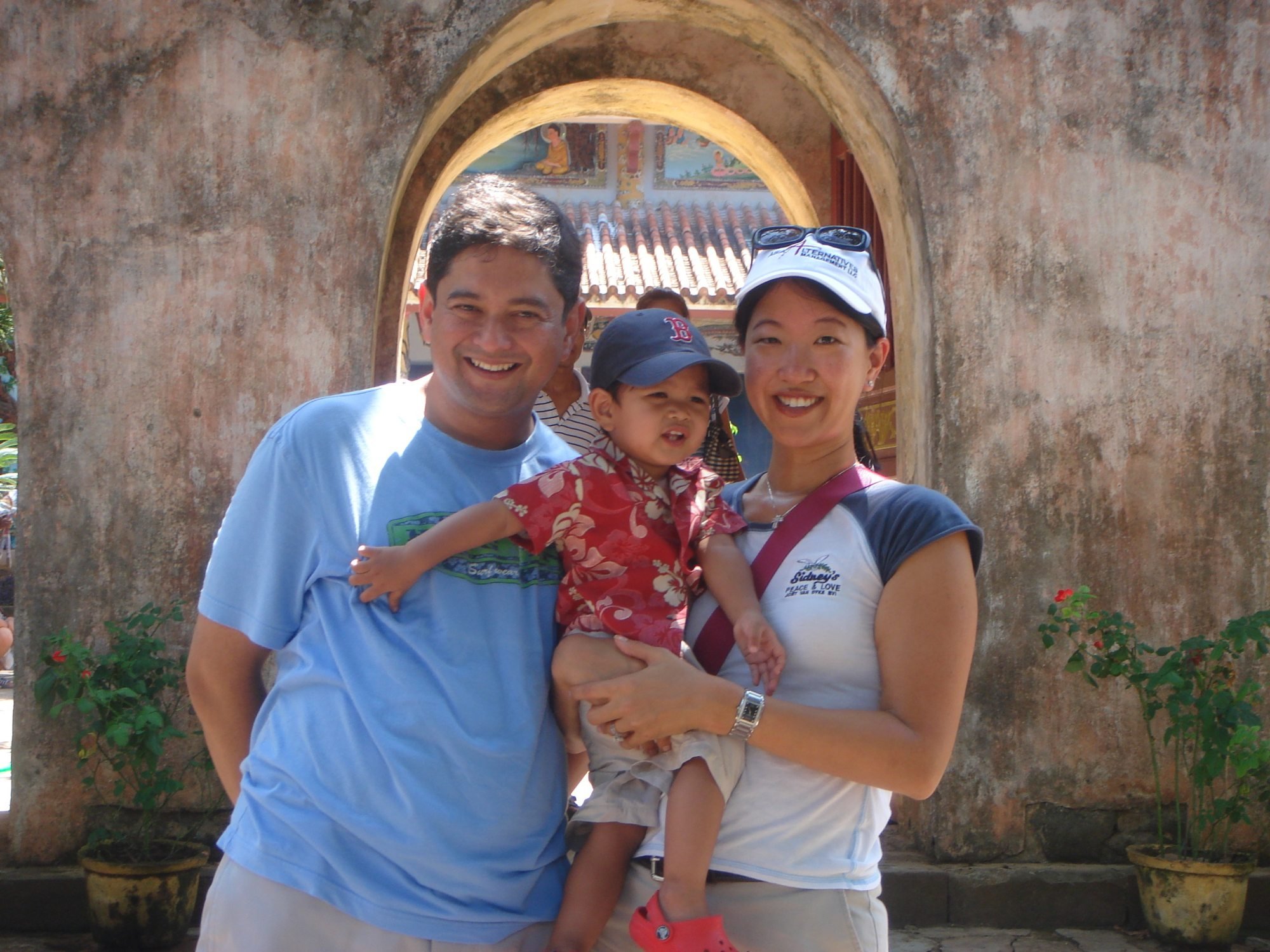
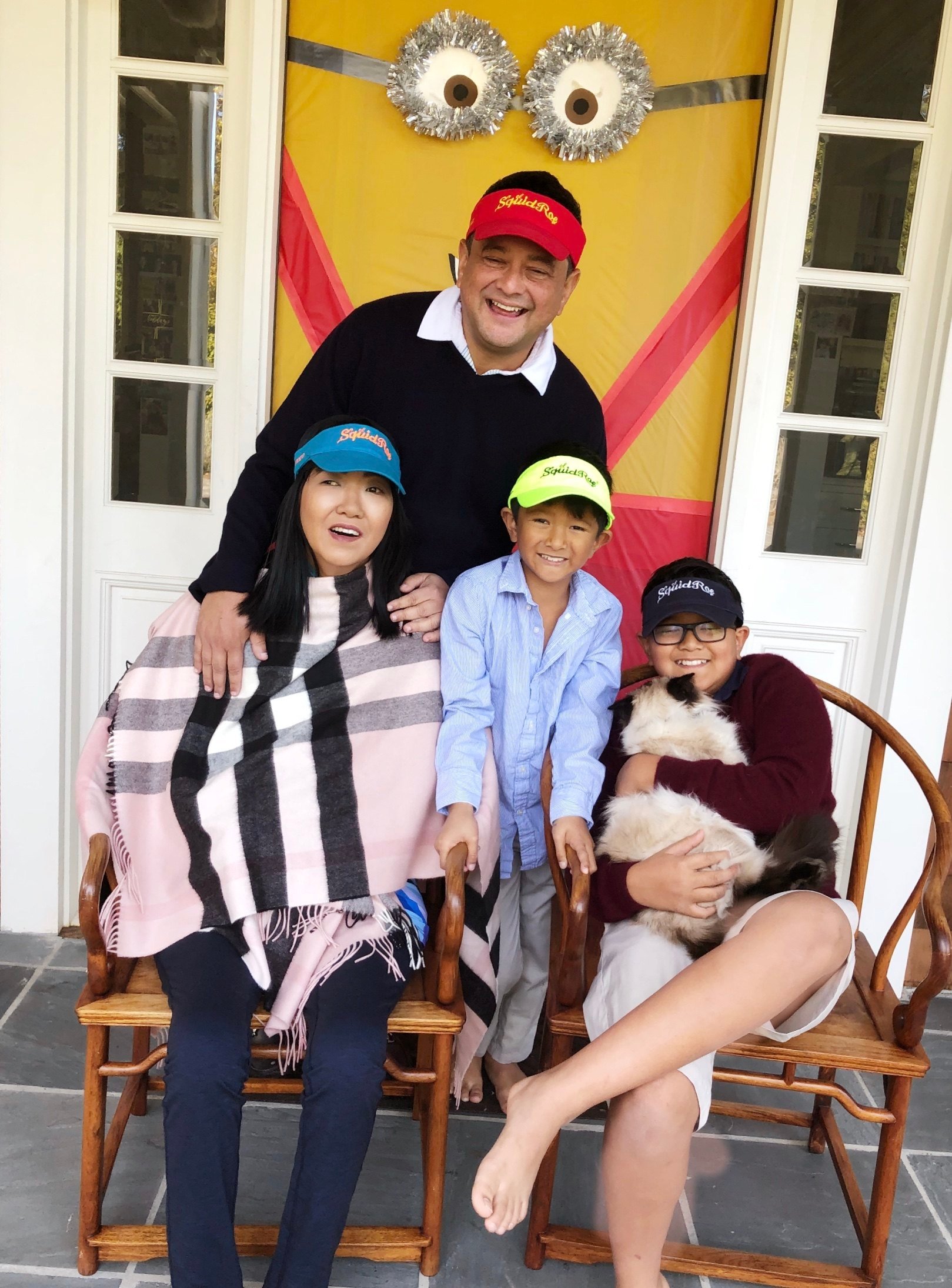
Though Wang does not feel confident that her situation will improve dramatically, or that she will be able to talk in sentences within the next five years, she perseveres.
She practises isometric exercises and works on her speech every week in spite of frequent spasms, and still makes key decisions on behalf of her children.
Yan notes that everyone who has watched Spell Me Out has been astounded by Wang’s resolve. “They just think this is too much to bear. Nobody [thinks they] can manage what Laure had managed,” he says.
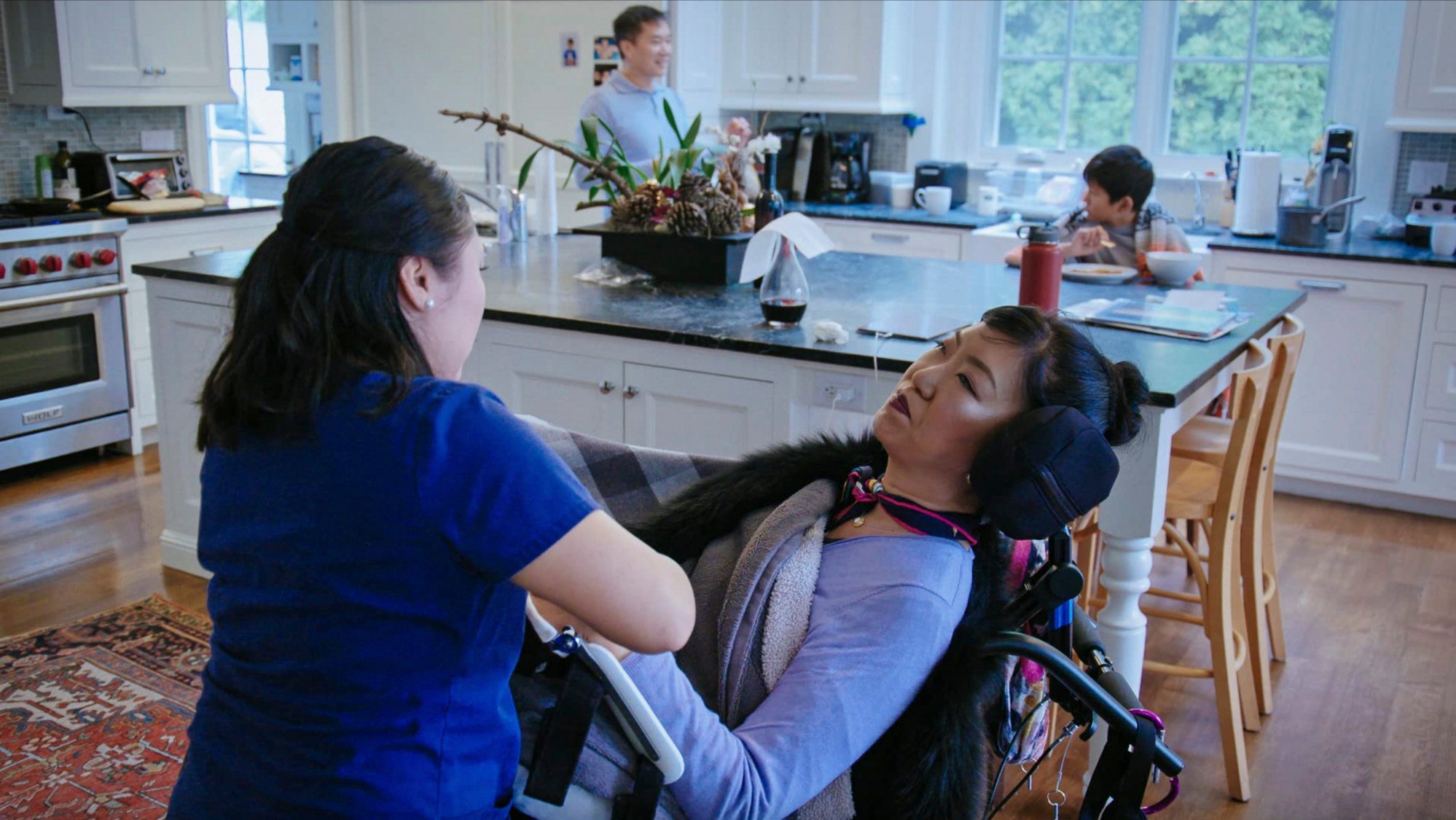
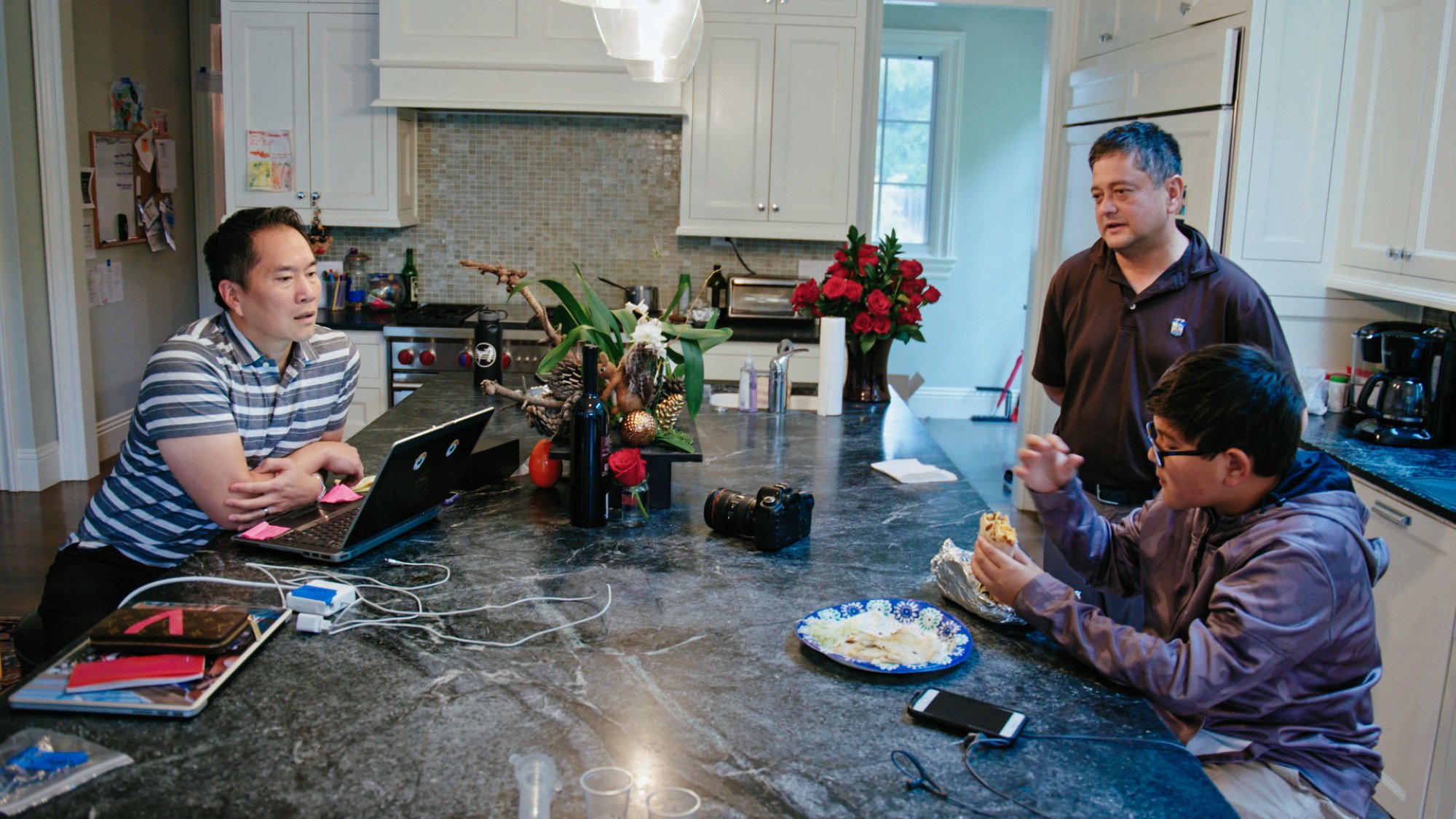
On the other hand, Wang’s struggles, at their core, are universal – which is what makes her story so human and relatable.
“Our pride, our relationships, and all the tension … our pity, our regrets, our shame – it’s pretty similar. So I portrayed her as a normal person, but with a unique background,” Yan says.
“We can all empathise with her.”

